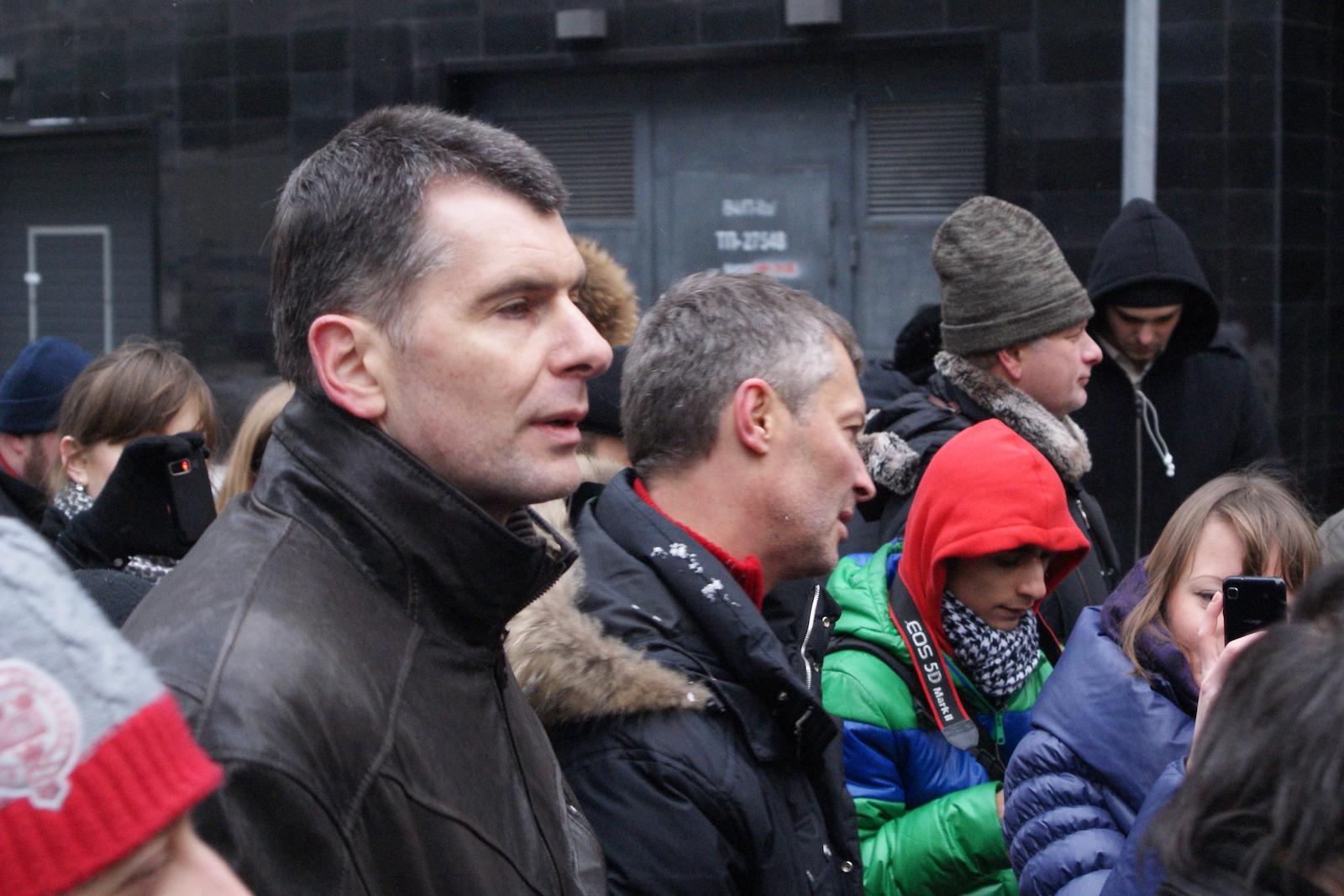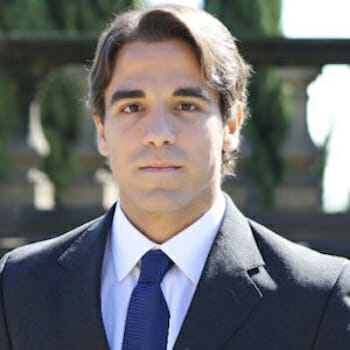
Muted Russian Voices Fall On Deaf Kremlin Ears
This month’s embroglio between the Kremlin and former Right Cause party leader Mikhail Prokhorov followed by this week’s anticipated announcement that Vladimir Putin will stand as United Russia’s presidential candidate, underscores what little role Russians play in deciding their future. On the one hand, as Prokhorov learned, any hint of a challenge to the Kremlin’s governing system is effectively quashed, and on the other hand, all that doesn’t really matter because Russia’s future is already rigged.
As Russia lurches towards another scripted presidential election, and the world no longer holds its breath in anticipation of the ruling tandem’s decision as to who will next occupy the Kremlin, one can only sympathize with a Russian citizenry unable to determine its country’s future but who also choose not to. Little has changed since the the last time Vladimir Putin held the world in suspense.
In the months leading to Russia’s March 2008 presidential election, the Kremlin’s feared OMON special forces beat and arrested opposition members and sympathizers. After being flooded with life-size propaganda glorifying the ruling tandem and lambasting an already strangled opposition, Russians filed into voting centers to legitimize a predetermined electoral process void of debate and real choice. Having passed the Kremlin’s electoral test, Russians would later watch Putin’s handpicked successor on state-run television take the presidential oath of office in a closed Kremlin ceremony reserved for Russia’s elite. Russians should expect to see a similar script unfold in the coming months.
Coined by Kremlin ideologue, Vladislav Surkov, managed democracy, describes Russia’s governing system, where the Kremlin has become the guiding force of Russian society. Much like the former Communist Party of the Soviet Union, the Kremlin today controls the media, civil society, religion, academia, elections, and all levels of government. As Prokhorov learned, if not co-opted, opposition parties are quashed by force or strangled through restrictive laws. Open dissent or criticism of the system is discouraged, self-censored and punished.
Ever conscience of the difficulties that accompanied Russia’s experiment with democracy during the 1990s, many Russians today associate democracy with hardship, and thus have come to accept their leadership’s erosion of Russia’s democracy in exchange for the stability provided by the Kremlin’s heavy hand. As has been the case throughout Russian history, post-Communist Russians legitimize Vladimir Putin’s reign out of fear of renewed social unrest, but mute their discontent so as to not disturb the delicate balance of this social contract he has created. Notwithstanding this arrangement, Russians today face a different sort of hardship. The practical result of the Kremlin’s managed democracy has been a stagnating and subservient society, and, perhaps most concerning to Russia’s prospects, a disenfranchised youth facing an uncertain future.
The most unfortunate aspect of Russia’s managed democracy is not the absence of adequate checks on the executive power or an inherently fragile political system anchored on one man, but rather that the Kremlin’s political machine has stripped the Russian citizenry of the most basic form of democracy –a voice and leaders obliged to listen. At the same time, however, nearly two decades after the collapse of the Soviet Union, Russians remain a largely passive and reluctant citizenry unwilling to challenge their governing system. Little will change, however, if Russians continue to sit back silently.
As Russia approaches another scripted presidential election, what is baffling is how much attention has been given to who will next occupy the Kremlin. This week’s expected announcement makes clear that little will change. Russia will continue to gamble its future with one man –Vladimir Putin. Six more years will pass until the next time the world is again held in suspense, but at the cost of another generation of Russians disenfranchised of their right to decide their country’s future.

